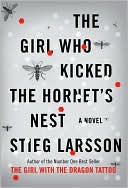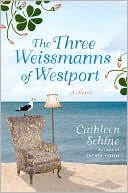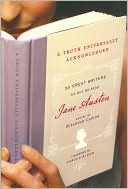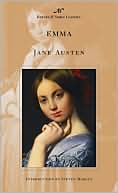 The Girl Who Kicked the Hornet's Nest
The Girl Who Kicked the Hornet's Nestby Stieg Larsson
I came to this novel with great trepidation. I'd loved the first two novels in the series and was understandably saddened by the premature end due to the author's untimely death. Aside from that, I was worried that the novel would end with some terrible cliff hanger as the previous one had. For what it's worth, I'm happy to report that if this series had to end now, I'm completely satisfied with how the story of Lisbeth Salander, Mikeal Blomkvist, et al wraps up.
As mentioned above, The Girl Who Played with Fire ends on a cliff hanger. The Girl Who Kicked the Hornet's Nest picks up exactly where it ends off. I'd liked the second novel in the series much more than the first because it dealt far more extensively with the eponymous character. That is also the strength of Hornet's Nest. I just can't get enough of Lisbeth Salander. She is endlessly strange, fascinating, endearing, and resourceful.
This final novel strikes the best balance of the three between Lisbeth's story and Mikeal's story, which essentially converge at this point. But other characters get their fair share of narrative time and a subplot involving Erica Berger particularly captured my interest. Every storyline allowed Larsson to show off new facets of his established characters.
One of the most fascinating things about the plot of this book (which obviously I'm being incredibly vague about) was that in another novel, the good guys and the bad guys could have easily switched places. There are no cookie-cutter heroes and villains in Larsson's world. Sure, there are people to root for, but there's a lot of moral ambiguity involved. All of which makes for complex and smart story-telling. And Larsson's plotting is as strong as it ever was. This novel is his best yet.
At nearly 600-pages, I plowed through the book at breakneck speed, my interest never flagging. It is sadly clear to me that Larsson had further stories to tell about his girl. Not every loose thread is tied up, but the important bases are covered. The novel's end was as satisfying as anything you could ask for.



